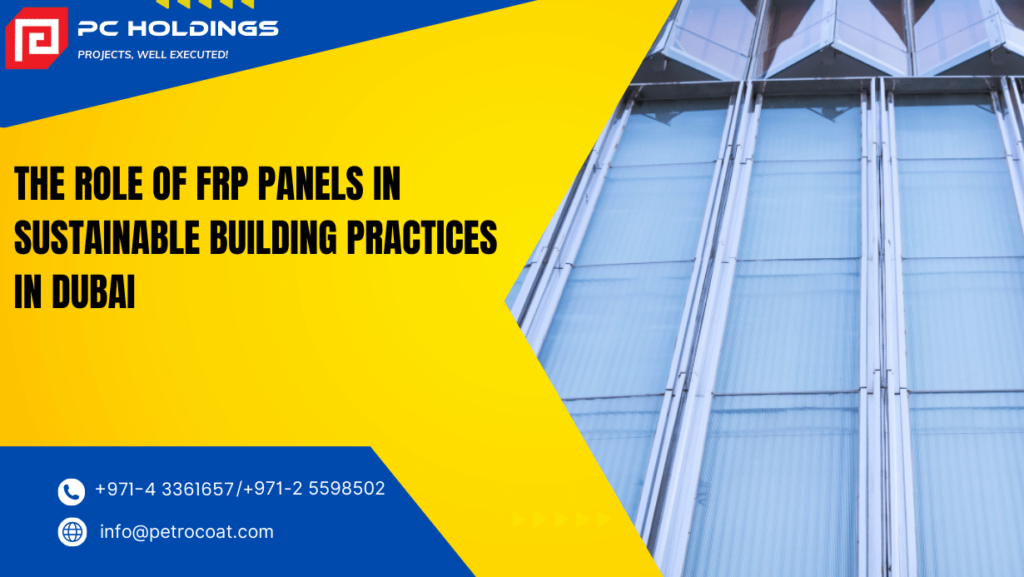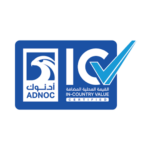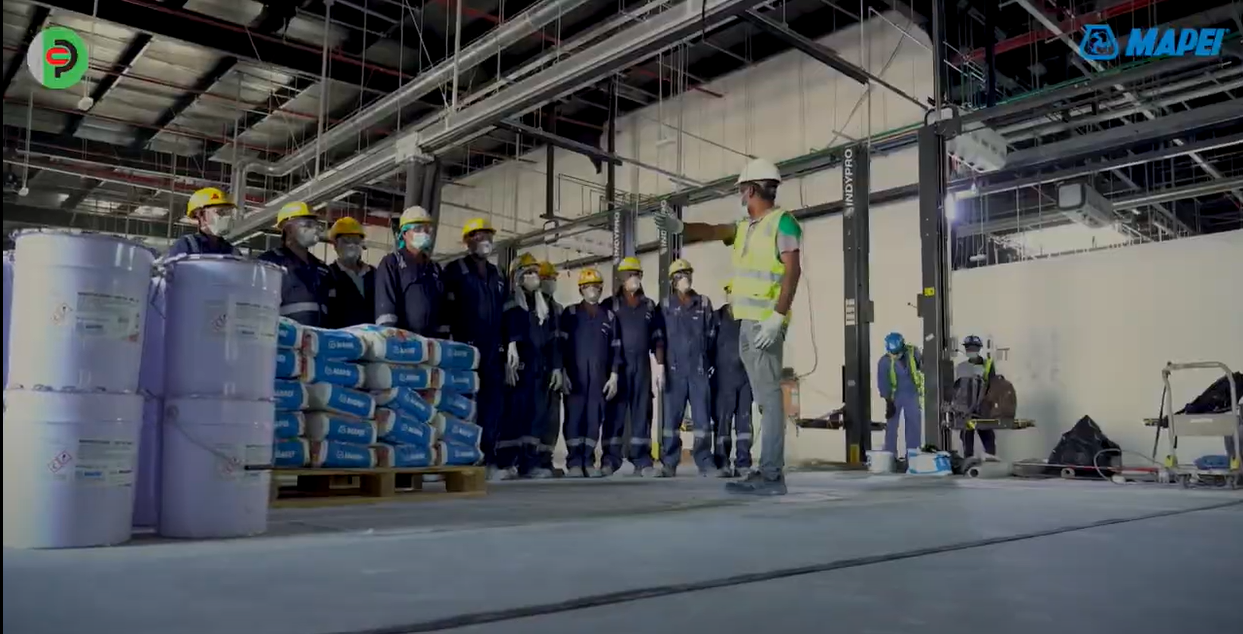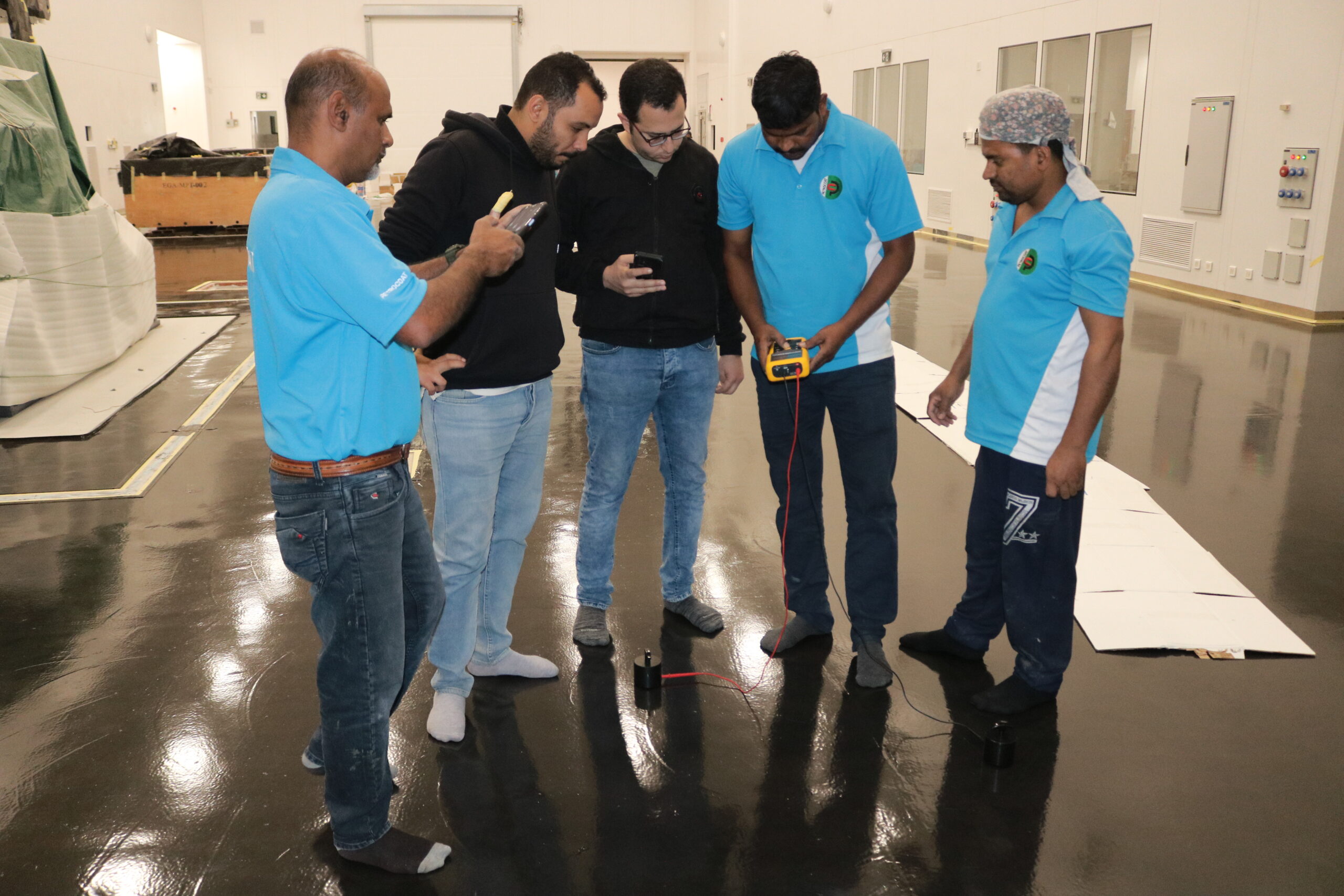
Introduction
Dubai is an example of innovation in the constantly evolving arena of sustainable development. Dubai, famous for its distinctive skyscrapers and futuristic architecture, is gradually adopting eco-friendly construction methods to ensure a sustainable future. The adoption of fiber polymer (FRP) panels is one of the primary contributors to this movement. In this blog, we will look at the critical role that FRP panels play in encouraging sustainability in the Dubai building industry.
FRP Panels in Dubai:
What You Need to Know Fiber polymer (FRP) panels are composite materials composed of fibers inserted in a polymer matrix, often glass, carbon, or aramid. These lightweight yet durable panels provide many advantages that make them an excellent choice for sustainable building in Dubai.
The efficiency of energy:
Dubai has severe temperatures, with hot summers being the norm. FRP panels in Dubai have high insulation capabilities, which aid in the regulation of indoor temperatures and the reduction of the need for excessive air conditioning. This not only improves energy efficiency but also helps to reduce energy consumption, which is in line with Dubai’s commitment to sustainable building techniques.
Durability and longevity:
FRP panels in Dubai are extremely durable, withstanding corrosion, weathering, and degeneration over time. Because of this lifespan, buildings built with FRP panels require fewer repairs and replacements, lowering the overall environmental impact associated with maintenance activities.
Lightweight Construction:
Because FRP panels are lightweight, they allow for speedier construction operations, decreasing the need for heavy machinery and lowering the carbon footprint of construction projects. Furthermore, the convenience of handling and installation translates into a lower cost.
Recyclability:
Sustainability includes the full lifecycle of a structure, not just the construction phase. FRP panels are recyclable, which helps to promote a circular economy in which resources are reused and used. The eco-friendliness of FRP panels in Dubai complements emphasis on sustainability, corresponding with global initiatives to decrease waste and promote recycling.
Design Versatility:
FRP panels provide architects and builders with an adaptable material that can be molded into a variety of shapes and sizes. This design flexibility allows for unique and inventive architectural solutions that promote visual appeal while conforming to Dubai’s sustainable building norms.
Conclusion:
As Dubai continues to reshape its skyline with innovative architecture, the use of Fiber Reinforced Polymer (FRP) panels appears as an essential move in the city’s march toward sustainability. FRP panels are a crucial actor in the domain of eco-friendly construction methods due to their energy efficiency, durability, recyclability, and design diversity. By embracing such advances, Dubai not only constructs for the now but also invests in a more sustainable and resilient future.






